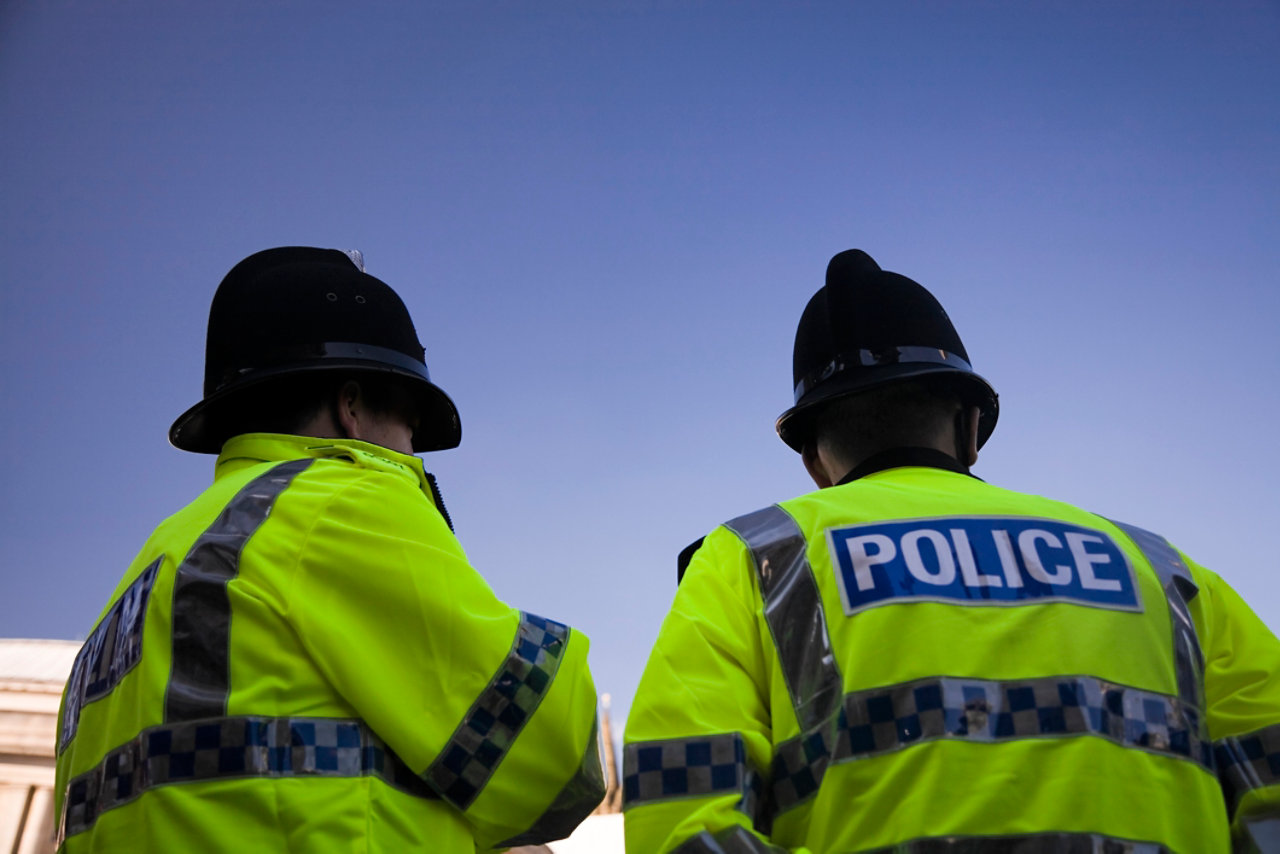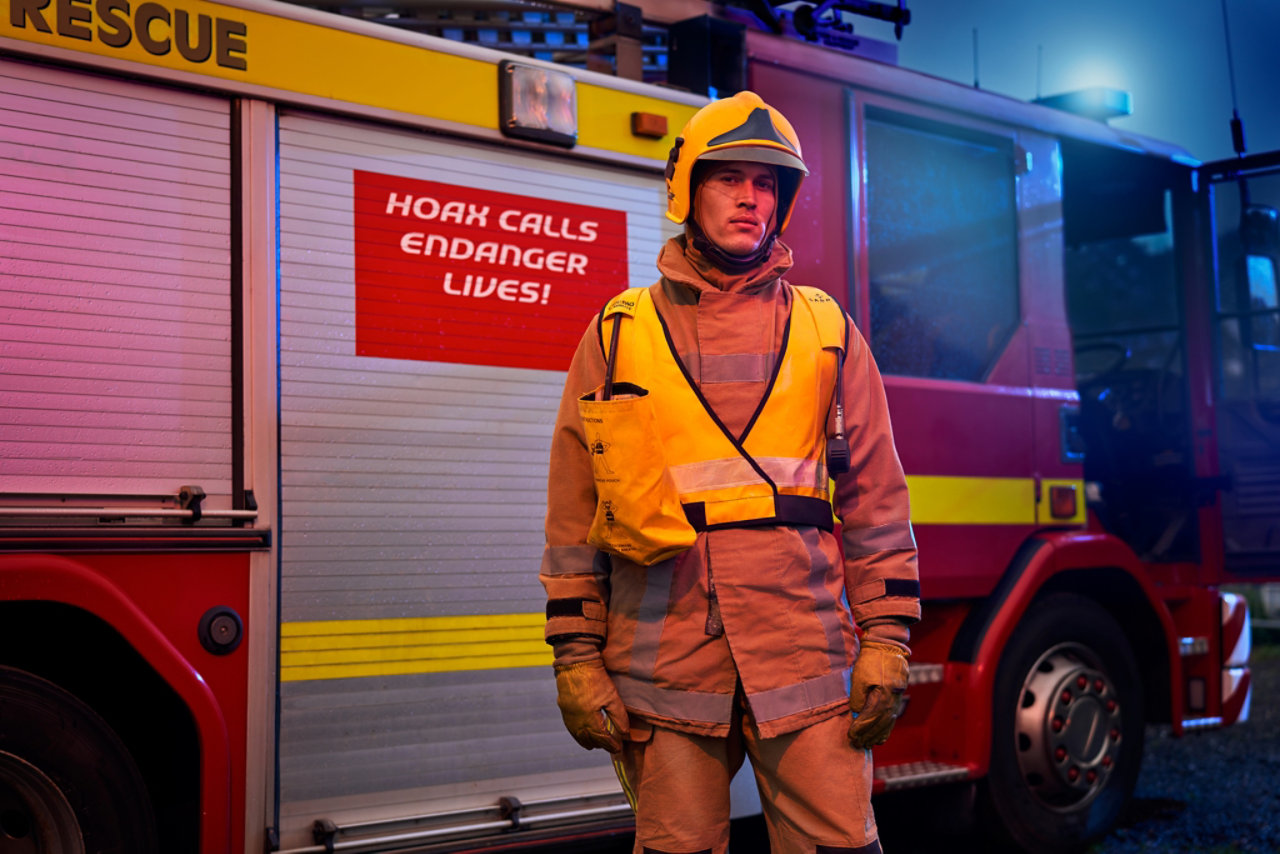
Suffolk County Council case study: IoT and BT Managed Services
Discover how Suffolk County Council drive efficiencies through the development of IoT and BT's disruptive and innovative managed service platform.
Suffolk County Council is home to more than 763,000 citizens and employs 5,373 staff, providing crucial services relied on by many across the county. One of the council’s many responsibilities is running the street lighting and highway services for the whole of Suffolk and maintaining more than 70,000 street lights, 145,000 roadside drainage gullies, and gritting over 2,000 miles of the county’s road network.
Suffolk County Council was keen to explore ways to reduce the cost of running its highway services and increase the efficiency of its resources. To make this happen, it needed to utilise existing local authority street assets to deploy sensors and adaptive street lighting, causing illumination levels to increase and decrease depending on live traffic volumes.
We had previously worked with the council on an adaptive street lighting pilot study that aimed to reduce operational costs. We were, therefore, the perfect fit for the new Smarter Suffolk project. Our involvement enabled the council to achieve its objectives, presenting cost-saving initiatives and ways to reduce its carbon footprint, contributing to its aspirations to achieve net zero by 2030.

The challenge
Funded by the Suffolk Highways’ budget, running and maintaining the street lighting alone costs the council around £2.6 million each year, which is 25% of its total energy bill.
With energy costs rising dramatically from 17p per kWh to 42p per kWh, it was imperative that Suffolk County Council began to drive operational efficiencies and aggregate services to minimise its costs.
The solution
The £4.4 million Smarter Suffolk project was funded by the Department for Transport (DfT) via the £22.9 million ADEPT SMART Places Live Labs programme. The research project aimed to investigate the use of innovative technology to improve the quality of Suffolk residents’ lives by revolutionising council-delivered services.
We supplied an Internet of Things (IoT) data hub – a repository that connected to multiple supply systems containing data from sensors. The hub worked by collating, storing, cataloguing, and visualising data through an Applications Programming Interface (API), providing access to a wealth of sensor data that had been extracted from project vendors’ IoT platforms.
Accumulating data this way removed the need for Suffolk County Council and Suffolk Highways to log into and retrieve data from multiple disparate vendor-specific systems.
We developed adapters that interfaced with and extracted sensor data from individual supplier’s platforms or systems. Data sources included road surface temperature, air temperature, humidity, and air quality.
The accumulated data was presented to the council and shared with the University of Suffolk for analysis, via an easy-to-access dashboard. Having the data in one place was a game changer for the council and allowed for insights to be made that would not occur if analysing the data in isolation.
The insights revealed how the council could improve local highway services, reduce operational costs, and bring benefits to the citizens and businesses of Suffolk.
The hub worked by collating, storing, cataloguing and visualising data through an Applications Programming Interface (API), providing access to a wealth of sensor data which had been extracted from project vendors’ IoT platforms.
The result
The Smarter Suffolk project, and our partnership with the council, was a huge success. Street Lighting Manager, Richard Webster, from Suffolk County Council felt that “the collaboration and input, from initial conception of the project through to completion, was excellent. The project evolved as time progressed and BT was agile and able to meet the demands”.
Our technology proved that data can be obtained and analysed to generate efficiencies and cost savings. On the roads, we found that monitoring road temperature resulted in more informed gritting and, therefore, the potential to reduce costs and use of resources.
Installing bridge sensors also demonstrated the potential to mitigate collision and bridge damage, and the technology to adjust power levels in street lamps created a 40% energy saving.
These technological benefits also extended to air quality monitoring, with the council able to monitor PM2.5 and PM10 as well as identify which areas had high levels of pollution. Additionally, this project proved how refuse collection could be more efficient with sensors placed in bins indicating capacity and whether the bin needed to be emptied.
Through our collaboration with Suffolk County Council, we have shown how our data aggregation technology and managed service platform can significantly help councils meet their objectives and deliver benefits to local communities, resulting in more efficient, sustainable, and cost-effective operations.


